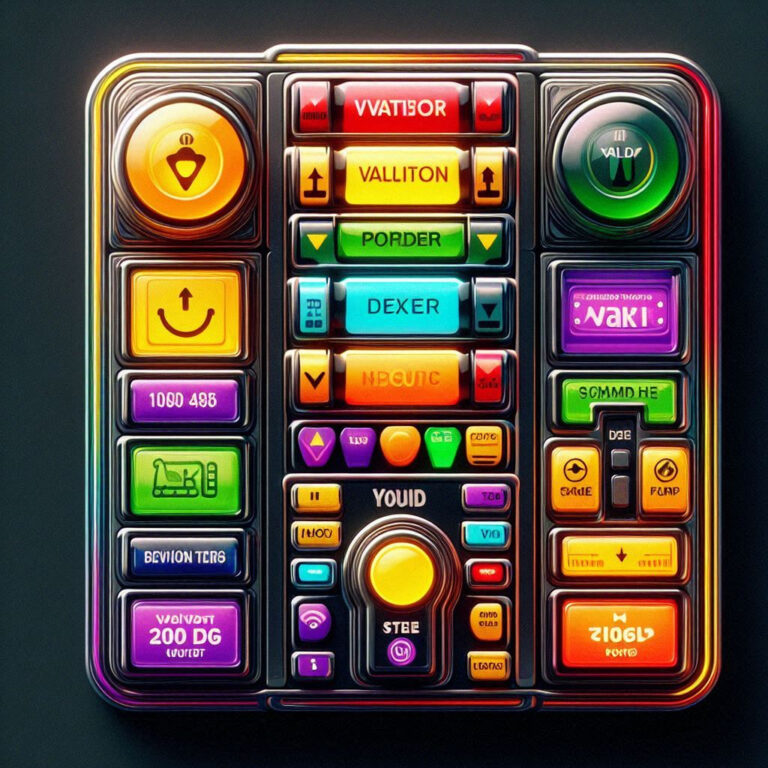What is a Validator?
A validator is a node in a proof-of-stake (PoS) blockchain network responsible for verifying transactions and ensuring consensus within the system. Validators play a critical role in maintaining the network’s security, integrity, and functionality.
What is a Validator in Blockchain?
A validator is a key participant in a blockchain network, responsible for verifying transactions and adding them to the blockchain. Validators are crucial for maintaining the network’s integrity, security, and overall functionality. Their primary role is to ensure all transactions adhere to the blockchain’s rules, fostering trust and efficiency within the system.
How Validators Operate
Validators function differently depending on the blockchain’s consensus mechanism:
- Validators, often called miners, solve complex mathematical problems to validate transactions and create new blocks.
- This process demands significant computational power and energy.
- Incentives include block rewards (newly minted coins) and transaction fees.
Proof of Stake (PoS) and Delegated Proof of Stake (DPoS):
- Validators are selected based on the amount of cryptocurrency they “stake” as collateral.
- Staking acts as both an incentive and a safeguard; validators earn rewards for valid transactions but risk losing their stake for malicious behavior.
- PoS systems typically require substantial staked tokens, often limiting the role to entities with significant investments.
Byzantine Fault Tolerance (BFT) Variants:
- Validators work in rounds, proposing and voting on blocks.
- These systems aim for fast and efficient consensus with a predefined set of validators.
Responsibilities of Validators
Regardless of the consensus mechanism, validators share core responsibilities:
- Verifying the validity of transactions.
- Adding approved transactions to a new block.
- Broadcasting block information to the network.
By operating independently across the globe, validators strengthen the decentralized and censorship-resistant nature of blockchain networks.
Validators Beyond Cryptocurrencies
Validators are equally essential in broader blockchain applications, such as:
- Smart Contracts: Platforms like Ethereum require validators to verify and execute self-executing contracts.
- Decentralized Finance (DeFi): Validators secure financial transactions and operations.
- Non-Fungible Tokens (NFTs): Validators confirm NFT transactions and ownership transfers.
Conclusion
Validators are the backbone of blockchain networks, ensuring transactions are legitimate and securely added to the blockchain. Through various consensus mechanisms, they maintain the network’s integrity, prevent fraud, and support decentralization. Whether in cryptocurrency transactions or advanced applications like DeFi and NFTs, validators are indispensable for the trust and functionality of blockchain technology.
Share this post


